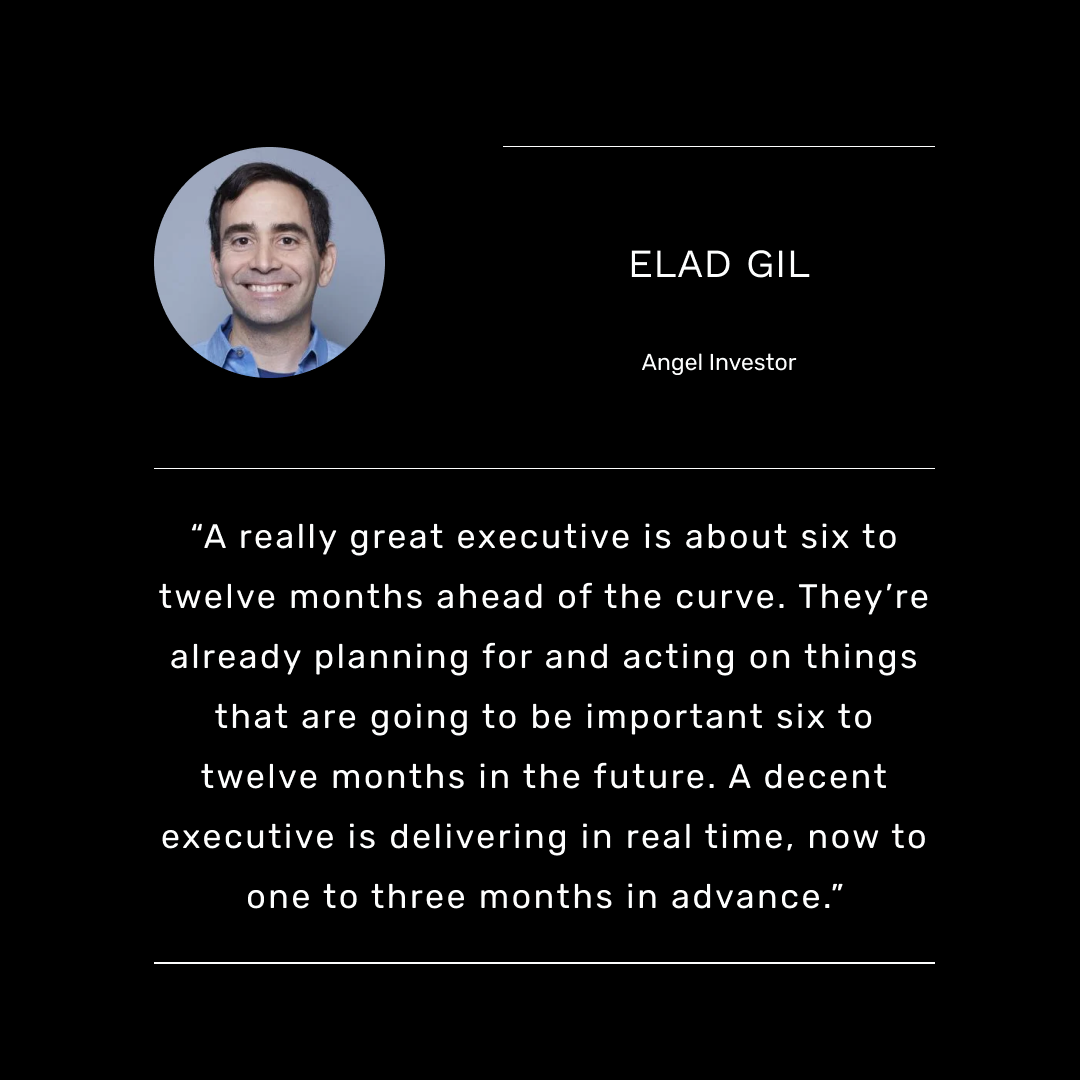
His portfolio speaks for itself (Notion, Airtable, Coinbase, Airbnb, and others), and founders consistently mention him as the best investor on their cap table.
Here are 13 takeaways from studying Elad, his career, and his investment philosophy.
VC Tech Stack: 88 tools used by tier one VCs
Investment Memo Template: our boilerplate template for memos
Venture Media List: 132 people and places to learn the game
ChatGPT Prompts: prompts to give VCs more leverage
Diligence Question Bank: 84 questions to ask founders

“The general model for successful tech companies, contrary to myth and legend, is that they become distribution-centric rather than product-centric. They become a distribution channel, so they can get to the world. And then they put many new products through that distribution channel.”
“A really great executive is about six to twelve months ahead of the curve. They’re already planning for and acting on things that are going to be important six to twelve months in the future. A decent executive is delivering in real time, now to one to three months in advance.”
“I think network effects are great, but in a sense they’re a little overrated. The problem with network effects is they unwind just as fast. And so they’re great while they last, but when they reverse, they reverse viciously.”
“All startup advice is only useful in context, and I am a firm believer that the only good generic startup advice is that there is no good generic startup advice.”
“Two of the most motivating forces are the excitement of something new, and the excitement of winning.”
“There are also investors who are good at one thing but think they are great at another. E.g. someone with a broad network (supervaluable!) who thinks they also have good product advice (when they don't). Sometimes as a founder you need to just listen politely, nod your head, and then go get back to building an amazing product.”
We started our careers in venture. After about a week, we had a realization.
We had no idea what we were doing.
Turns out, we weren’t alone.
Junior VCs don’t get training. You’re forced to figure it out on your own.
Learning the rules, tools, and players takes FOREVER to learn. That’s why we made the ultimate VC resource library to speed up the learning curve.